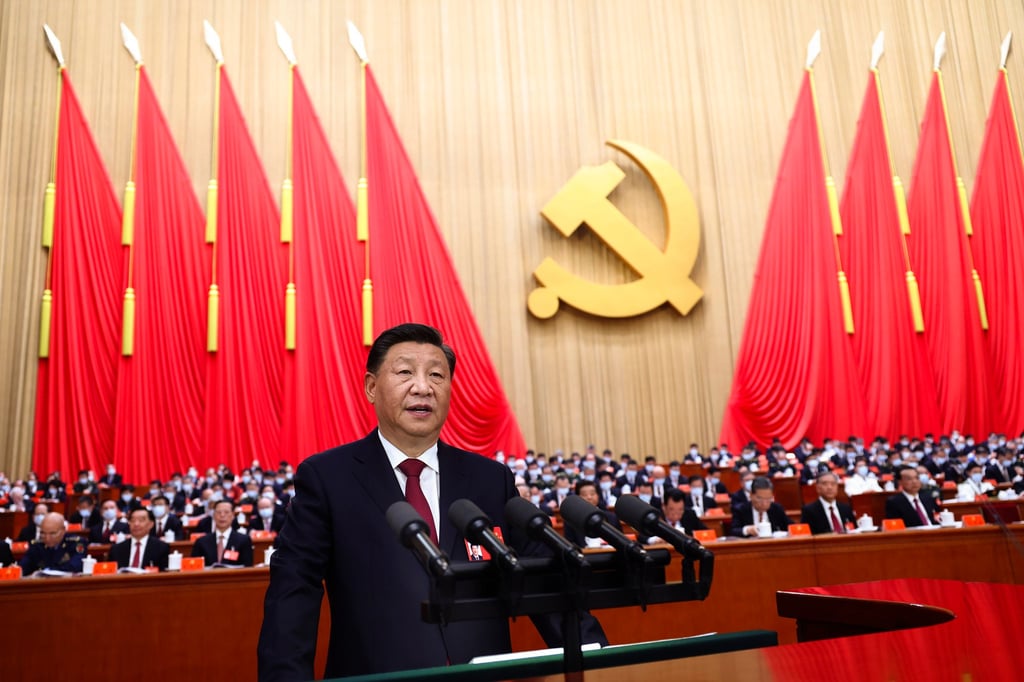Communist Party’s 20th congress: pressure on for Hong Kong to pass own national security law, but up to government to decide when, political heavyweights say
- Chinese President Xi Jinping stressed critical role city plays in safeguarding nation in speech to Communist Party elites on Sunday
- But Xi recognises administration may prefer to prioritise livelihood issues before pushing for second national security law to complement Beijing’s, heavyweights say

The pressure is now on Hong Kong to enact its own local supplement to the Beijing-imposed national security law after Chinese President Xi Jinping’s reminder, according to political heavyweights, although he has left the legislative timetable to be decided by the city’s government.
Gary Chan Hak-kan, chairman of the Legislative Council’s security panel, told the Post on Monday that while the central government had expectations of every chief executive to complete the legislation, Beijing also recognised the current administration had only been in office since July and might have other overriding priorities.
“The Hong Kong government may have its own assessment on this issue, on whether the legislation will lead to a larger discussion in the society. Therefore, it is necessary to be careful in planning before taking it to Legco,” he said.
“I think this is a priority and political assessment, and the government does not want to cause social instability during the legislative process.”

The government’s first attempt to pass the law, required under Article 23 of the city’s mini-constitution, was scuttled in 2003 when an estimated 500,000 residents took to the streets in protest, forcing the security minister at the time, Regina Ip Lau Suk-yee, to resign in defeat.